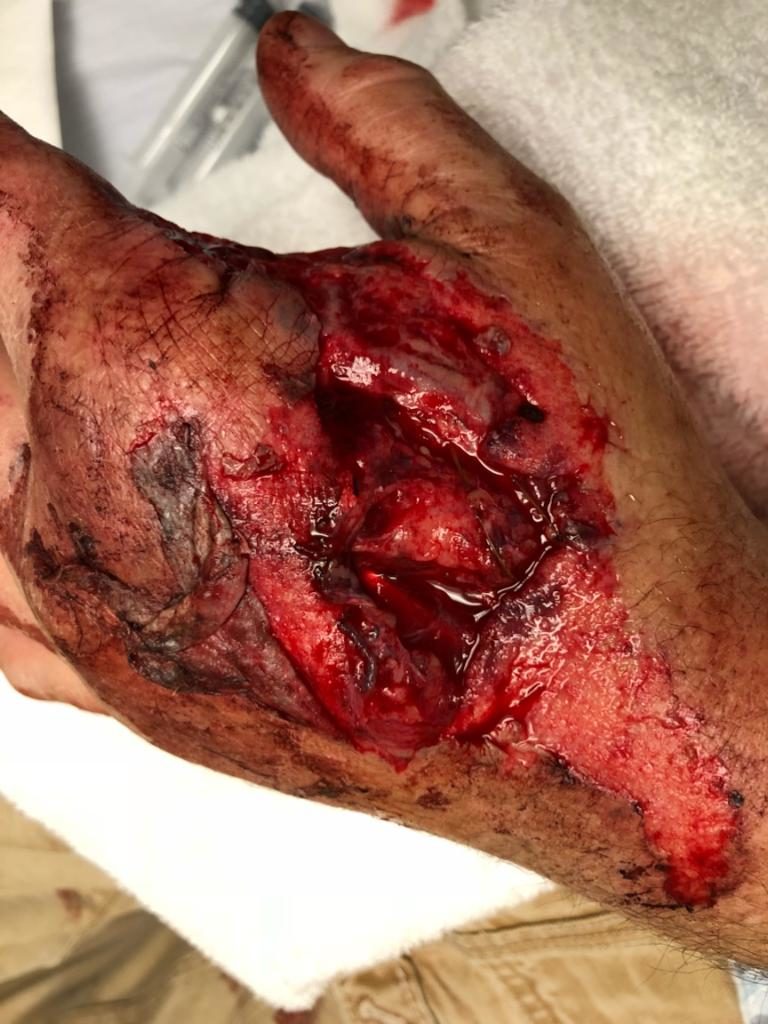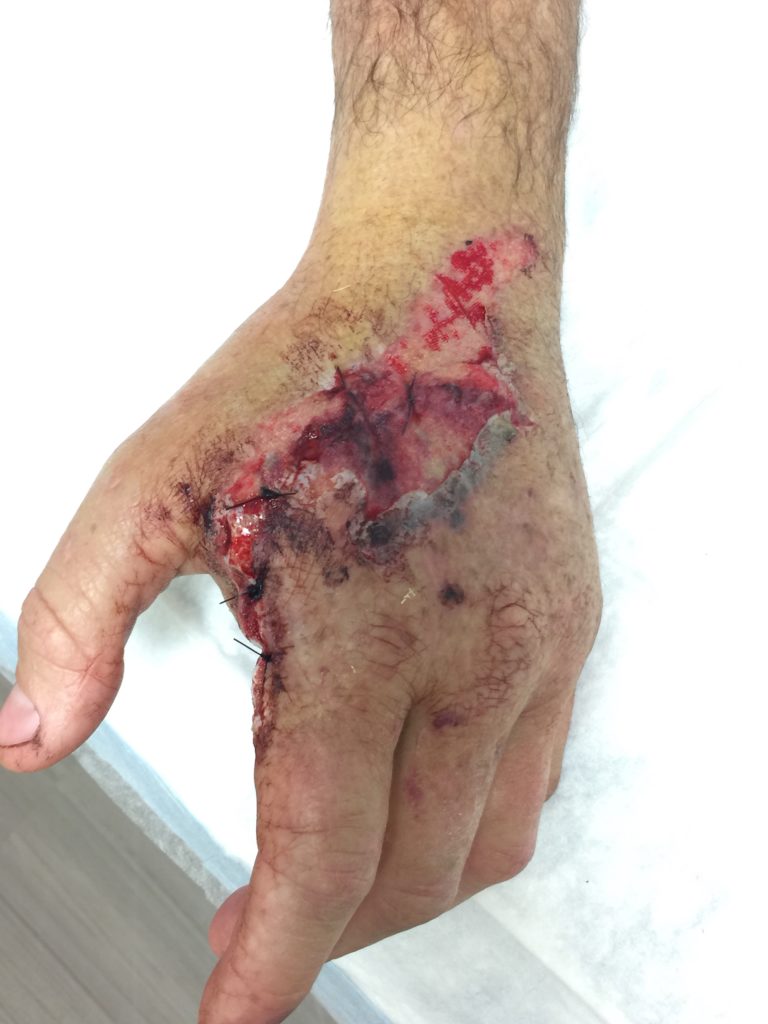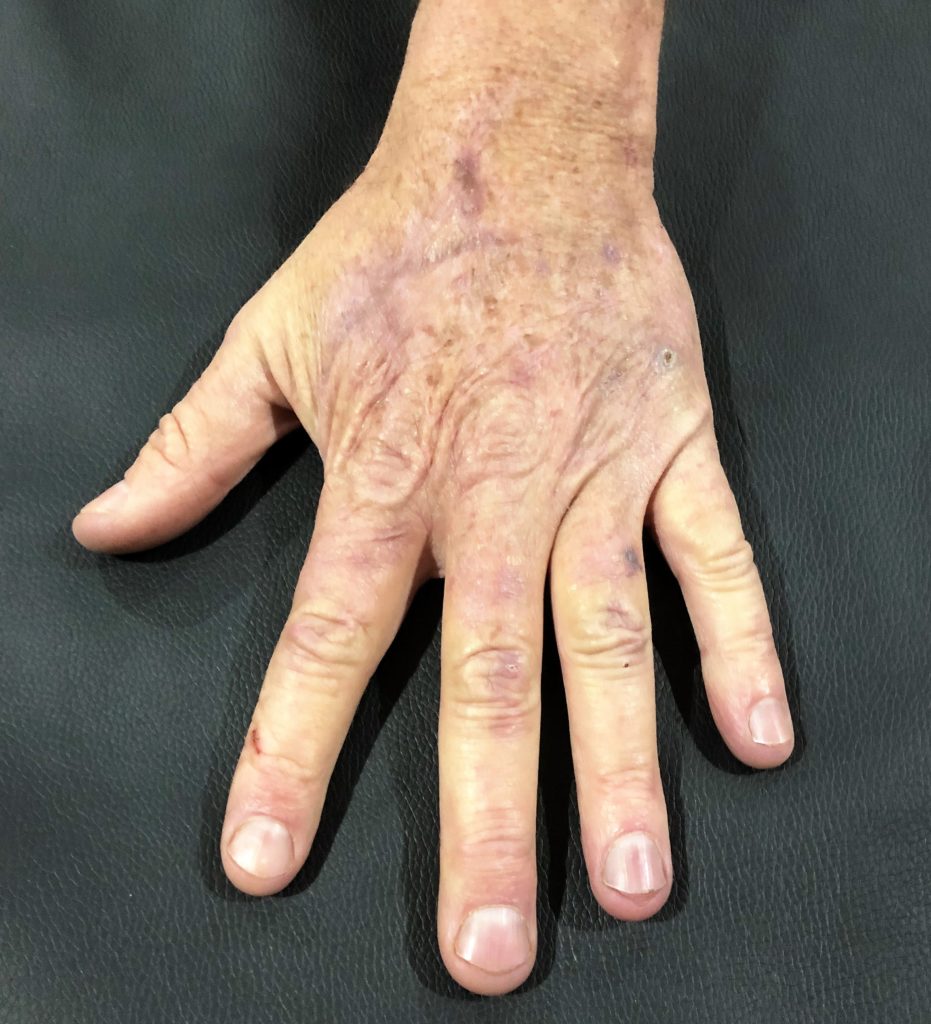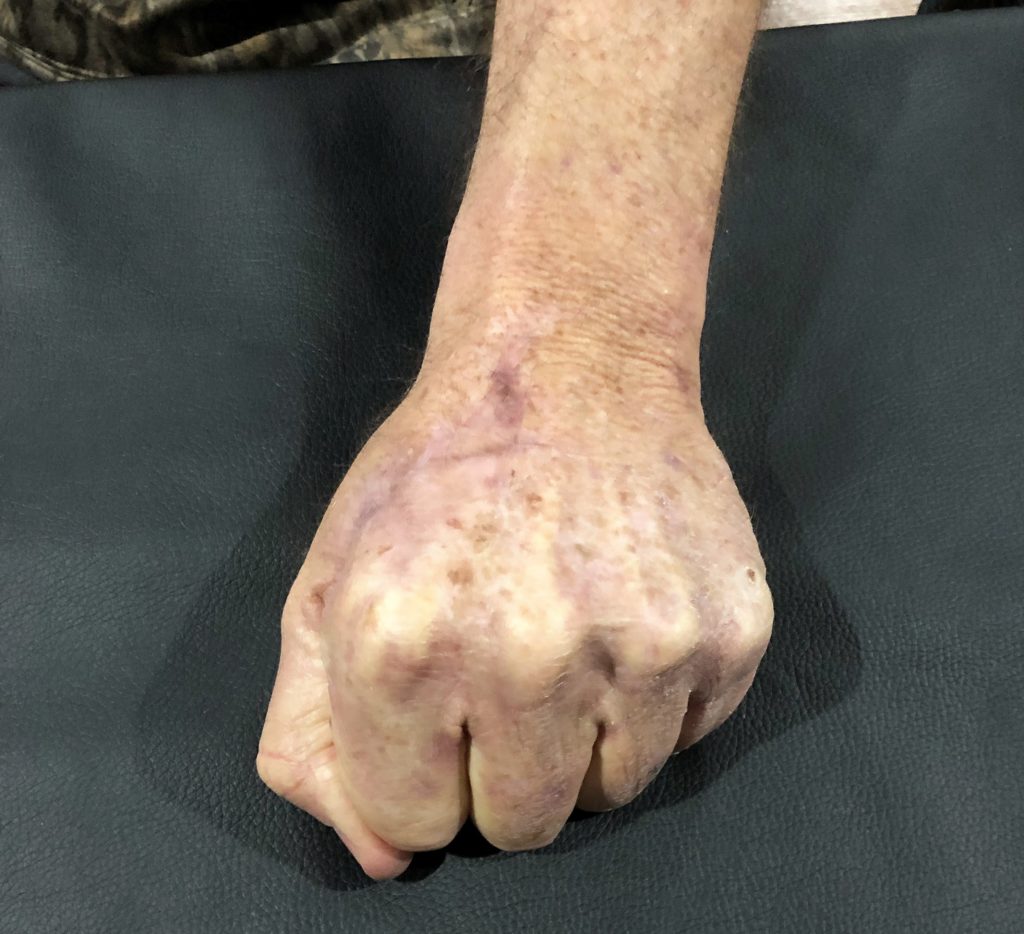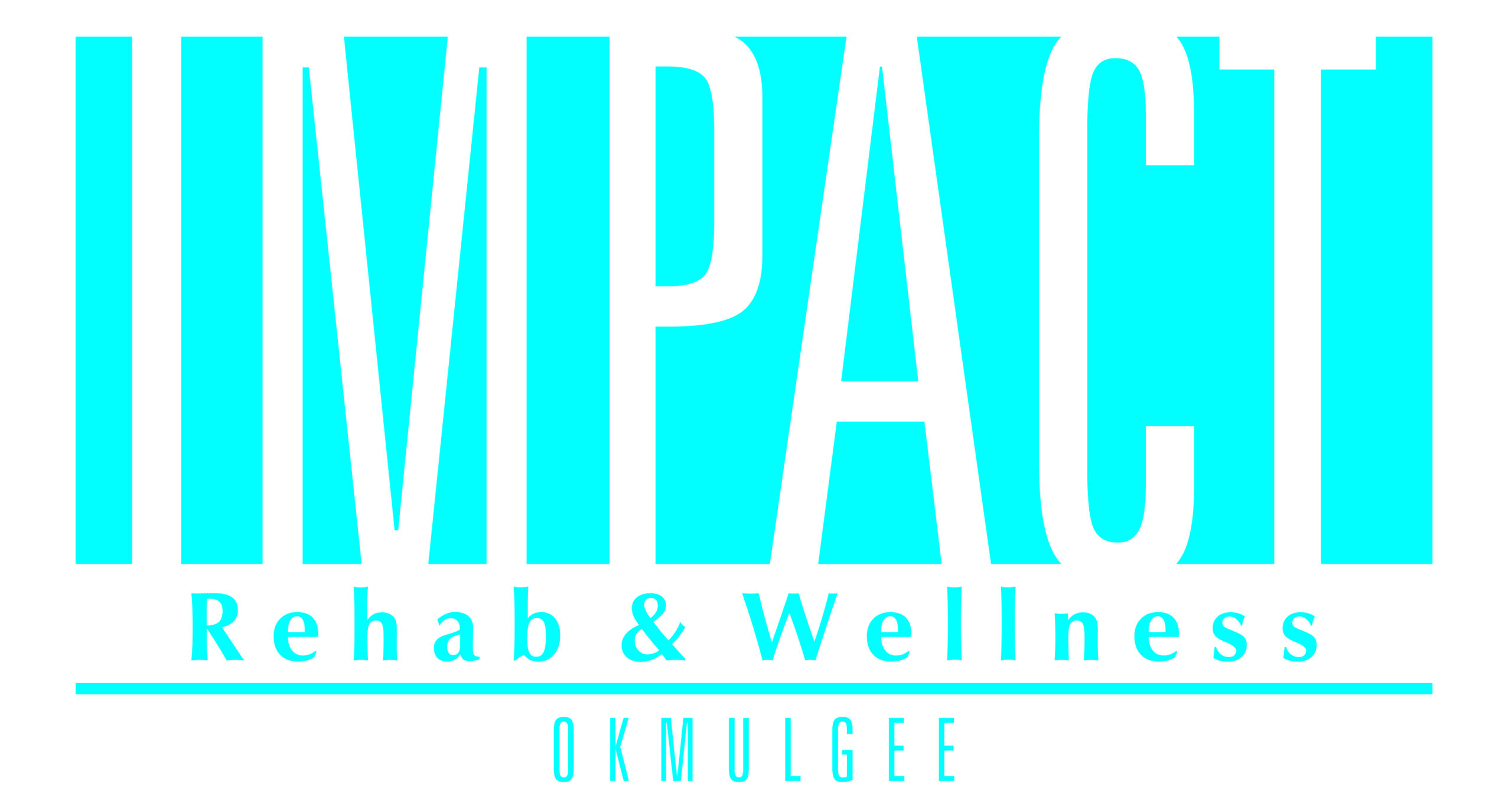What if your car stops working as it should and you need to get it fixed? Do you fix it yourself, take it to a general fix-it shop, or take it to a certified mechanic specifically trained to work with your brand of car? Who is the most trained and will provide the best service?
When you have shoulder, arm, or hand problems and need help, what are your choices? Physical and Occupational Therapists are generally trained to provide “hand therapy” to help those with arm or hand problems. However, only Certified Hand Therapists (CHT’s) have advanced training and the experience to deal with the complex problems of the upper arm.
Check Your Therapist’s Level of Training and Experience
Certified Hand Therapists (CHT’s) are physical or occupational therapists who have at least 3 years of experience and 4,000 hours of specific treatment in hand and arm problems. They must then pass a rigorous national certification exam to demonstrate competency. In 2019, there are just under 50 CHT’s in the state of Oklahoma and approximately 20 of those practice in the greater Tulsa area. CHT’s must re-certify every 5 years through additional continuing education and clinical practice.
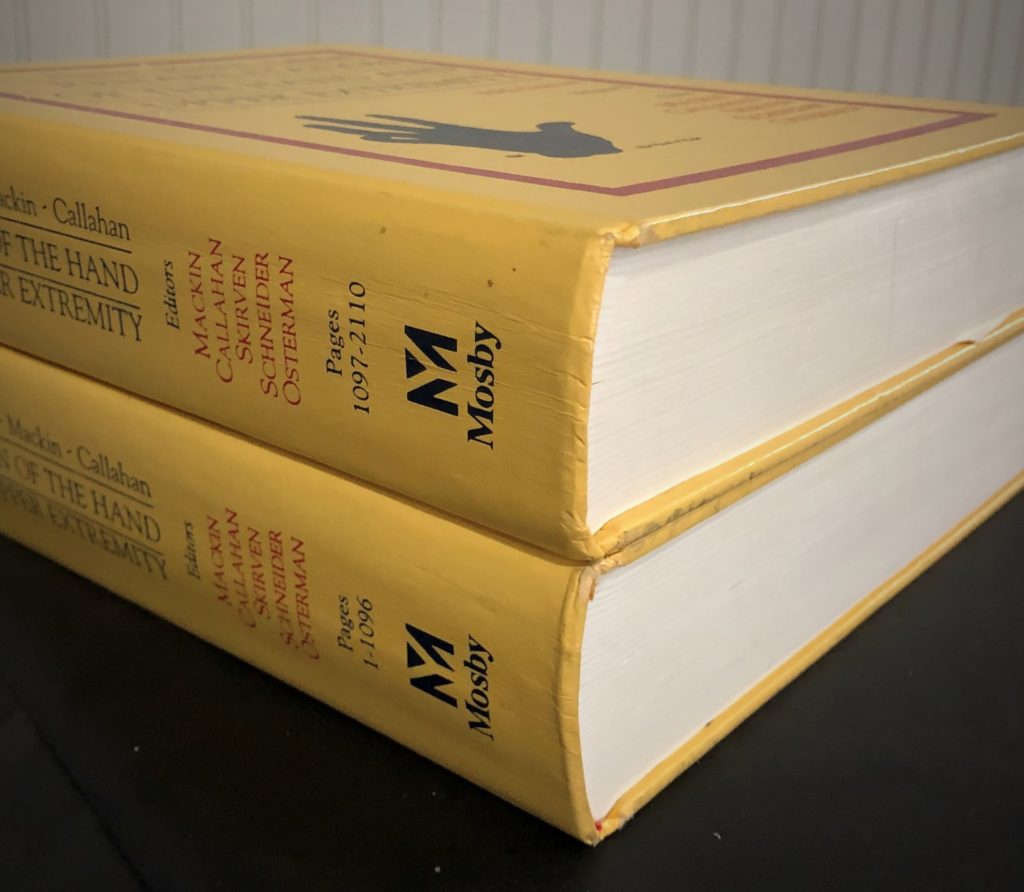
According to the American Society of Hand Therapists “Why See a Hand Therapist?”, a Certified Hand Therapist provides:
- Accurate assessments, immediate care, and effective treatment to reduce treatment time
- Faster recovery results and decreased medical costs
- Functional outcomes, ensuring a faster return to work and productive lifestyle
- The most comprehensive care for their patients
What Can a CHT Do For Me?
Certified Hand Therapists help people who suffer from pain, have had a recent surgery or injury, or struggle with problems such as arthritis, stroke, or tendinitis. These problems can effect your shoulder, elbow, wrist, or hand. CHT’s may work with sprains, lacerations, fractures, nerve injuries, or even more complex surgeries such as replanted extremities.
Certified Hand Therapists, who are also occupational therapists, help people function more normally in their daily lives. They do this by providing activities and exercise programs, custom splints or orthotics, and patient education on how to cope with the challenges of their problem. A CHT may educate about ways to safely perform daily activities after surgery, teach ways to prevent injury and protect joints, decrease stiffness, improve strength, decrease pain, manage swelling, and care for a wound or scar. A Certified Hand Therapist will not only help you with exercise, but they’ll also find ways to get you back to doing the activities that are important to you.
Who Would You Choose?
Now, let’s go back to the questions at the beginning of this article. If you said you’d choose to take your car to a general fix-it shop rather than a specialized mechanic, why is that? Is it because the specialized mechanic might be more expensive? Well, good news is that’s not how it is with a Certified Hand Therapist. There’s no difference in the cost of a general therapist and a Certified Hand Therapist. The difference is in the quality of care you will receive. If you want the best treatment possible for your hands and arms, see a Certified Hand Therapist!
How Do I Find a CHT?
Kris Siegenthaler, OTR/L, CHT, CLT practices here at Impact Rehab & Wellness in Okmulgee, OK. She’s the only Certified Hand Therapist in Okmulgee County. Kris has practiced as a CHT in Okmulgee for over 20 years. To find a Certified Hand Therapist in your area visit www.asht.org or www.htcc.org.
Additional Resources:
www.asht.org/patients/patient-education-resources
Warning!!
If you’d like to see an example of Kris’ handy work (pun intended) scroll down to see a before and after from one of her patients. Fair warning, some of the images are graphic. Do not continue if you’re easily grossed out!

